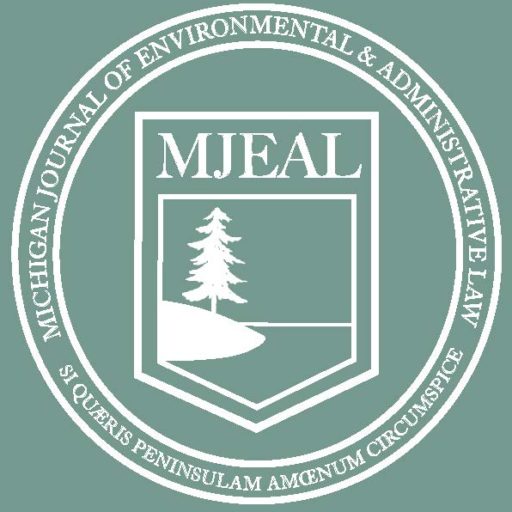The People Over Parking Act: A Double-Edged Sword David Weaver Minimum Parking Regulations (MPRs) are provisions within municipal zoning codes that require developers to build a minimum number of parking spaces to receive permission to build, expand, or change a building’s primary use.[1] While MPRs are designed to reduce traffic congestion, they actually create worse… Continue reading Weaver – Winter 2024
Category: Blog Post
Raffaele – Winter 2024
Zoning Impacts on Vehicle Miles Traveled: The Cases of Fayetteville and Birmingham Aidan Raffaele As the discourse and research around climate change and its effects develops,[1] city governments have emerged as an increasingly useful agent of change.[2] The federal government and state governments are seen more and more as slow-moving in regards to the climate… Continue reading Raffaele – Winter 2024
Spinner – Winter 2024
Carbon Credits: A History and Potential Future Evan Spinner In the last several years, as carbon capture technology has developed, various nations and global companies have come to see it as a solution to the climate crisis. Carbon credits have existed as a tool to address climate change for much longer than their recent spotlight… Continue reading Spinner – Winter 2024
O’Hara – Winter 2024
Going Green in the Deep Blue: How Bermuda Uses Economic and Community Engagement to Support Sustainability Madilynn O’Hara Nestled between the world’s northernmost coral reefs in the vast Sargasso Sea, Bermuda is home to just sixty-five thousand residents and thousands of unique marine species. Both Bermudians’ way of life and the ecological stability of the… Continue reading O’Hara – Winter 2024
Moore – Winter 2024
Lone Star Misstep:How Texas’s “Free Speech” Gambit Threatens First Amendment Principals and Tees up the Gutting of the Administrative State Logan Moore Introduction Conservative commentators have long decried what they describe as “liberal bias” in the news media,[1] higher education,[2] and elsewhere. Now, too, they argue that social media companies are biased and discriminating against… Continue reading Moore – Winter 2024
Magrath – Winter 2024
The Power Is Down (Again) in Tree Town: Examining Electric Utility Municipalization in Ann Arbor Nathaniel Magrath Over the last several years, Ann Arbor residents have organized a push to municipalize the city’s power grid.[1] While similar efforts to municipalize electric utilities have also gained momentum across the country, motivations for these efforts vary.[2] Efforts… Continue reading Magrath – Winter 2024
Lyon – Winter 2024
Biden’s Reinvigoration of Environmental Justice in the Administrative State Nate Lyon The nation first turned its eyes to environmental justice when an African-American community in North Carolina protested the siting of a hazardous waste landfill in its neighborhood.[1] When the National Association for the Advancement of Colored People staged a massive protest, the concept of… Continue reading Lyon – Winter 2024
Longley – Winter 2024
From Trees’ Rights to Treaty Rights: A Brief Analysis of Rights of Nature Enforcement Elise Longley In 1972, legal scholar Christopher Stone published his essay “Should Trees Have Standing?” introducing the concept of rights of nature to the Western legal system.[1] Shortly after Stone’s essay was published, the Supreme Court in Sierra Club v. Morton… Continue reading Longley – Winter 2024
Lavoile – Winter 2024
Sierra Club, the EPA, and the Fight over Detroit’s Air Gio Lavoile In May of 2023, the Environmental Protection Agency (EPA) finalized a clean data determination for the metro Detroit area[1] and determined that the area had achieved attainment status in accordance with the 2015 8-hour National Ambient Air Quality Standard (NAAQS) for ozone. This… Continue reading Lavoile – Winter 2024
Khoury – Winter 2024
Banning Coal: Feasibility and Constitutionality Elias Khoury Abating the accelerating climate crisis will require drastic measures. Countries like the United States, with its outsized contribution to environmental breakdown, need to do the most. One major driver of American ecological impact is coal. America runs on it. In 2007, coal was responsible for a whopping 49%… Continue reading Khoury – Winter 2024
